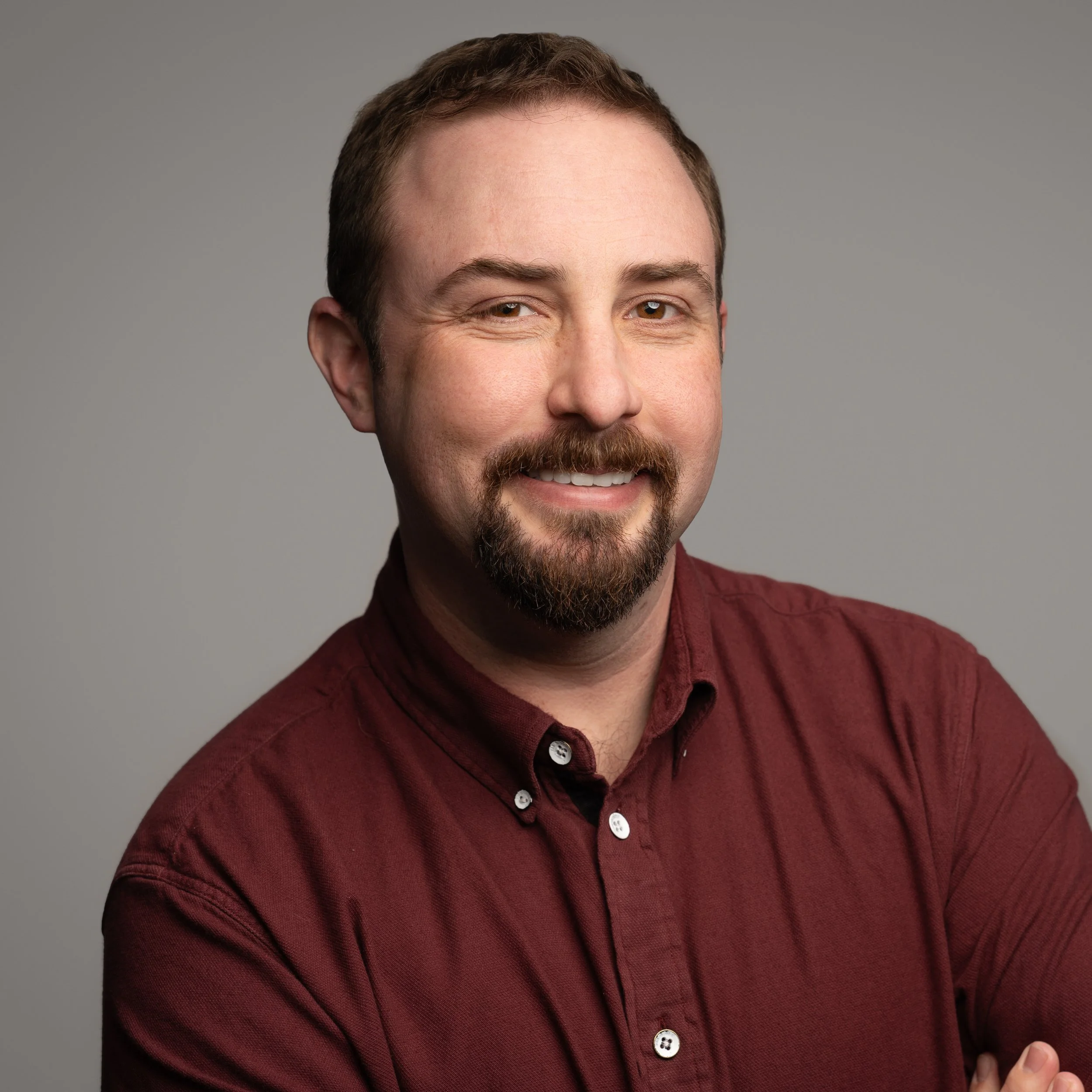Brooke Ferragamo, PhD (he/him)
Clinical Psychologist, PSY34065
As a clinical psychologist, I feel incredibly fortunate to have found an occupation that allows me to help others to emerge, recover, and grow from hardships.
When I was a child, I often found myself trying to comfort my peers who seemed sad or afraid. I was also very curious about the life experiences of others, spending many summer afternoons as a teenager assisting senior citizens in order to hear their life stories.
I identify as a white, temporarily able bodied, binary transgender man. Beginning to understand myself as transgender, and then proceeding with the transition process was exciting, but socially and emotionally difficult. Working with an empathic psychologist who was extremely knowledgeable about the biopsychosocial aspects of the transition process was essential to the success of my transition. This experience was ultimately what inspired me to channel my curiosity, empathy, and passion for social justice into a career as a psychologist.
I remain passionate about serving folks who feel as though they have difficulty fitting into society's prescribed norms, including adolescents who are struggling to find their place in our rapidly changing world, members of the LGBTQ+ community, and first-generation children of immigrant parents.
Education
Ph.D. in Clinical Psychology, Alliant International University
M.A. in Clinical Psychology, Alliant International University
B.S. in Psychology, with an emphasis on Biology, with a minor in Women and Gender Studies, UC Davis
In order to become a mental health practitioner, I chose to pursue a PhD because I believe that large scale social and political changes need to be supported by solid research. I currently serve as an adjunct faculty member of the Wright Institute’s PsyD program, teaching research methods and statistics to graduate students in clinical psychology.
When I began graduate school, I noticed that although I was welcomed as a transgender man, many of my nonbinary colleagues were not so privileged. As such, to earn my master’s and doctorate, I completed two qualitative research projects in which I studied experiences of nonbinary individuals as they came to understand themselves as nonbinary, as well as their experiences in psychotherapy.
My research highlighted the difficulty that many NB individuals experience with navigating societies that have not yet caught up in terms of language, gender-segregation, family structure, and compulsory participation in the gender binary. These forces also exerted an influence in many of these participants’ experiences of psychotherapy.
My Approach
Although I tailor therapy to the needs of each individual client, my work is structured by the following principles:
A strong therapeutic alliance is essential for generative work. As the therapist, I am responsible for creating a safe environment for my clients.
Behavior is influenced by both conscious and unconscious factors, and it is important to explore both. In addition to intra-psychic factors, I acknowledge that many of my clients’ difficulties may be exacerbated by oppressive systems at the global, national, and local levels.
Building coping skills early in the therapeutic process can facilitate deeper exploration later on. Working through complex issues requires patience and commitment.
My style is based upon the following theoretical approaches:
Psychodynamic
Relational
Existential
Trauma-informed
Self-Psychology



